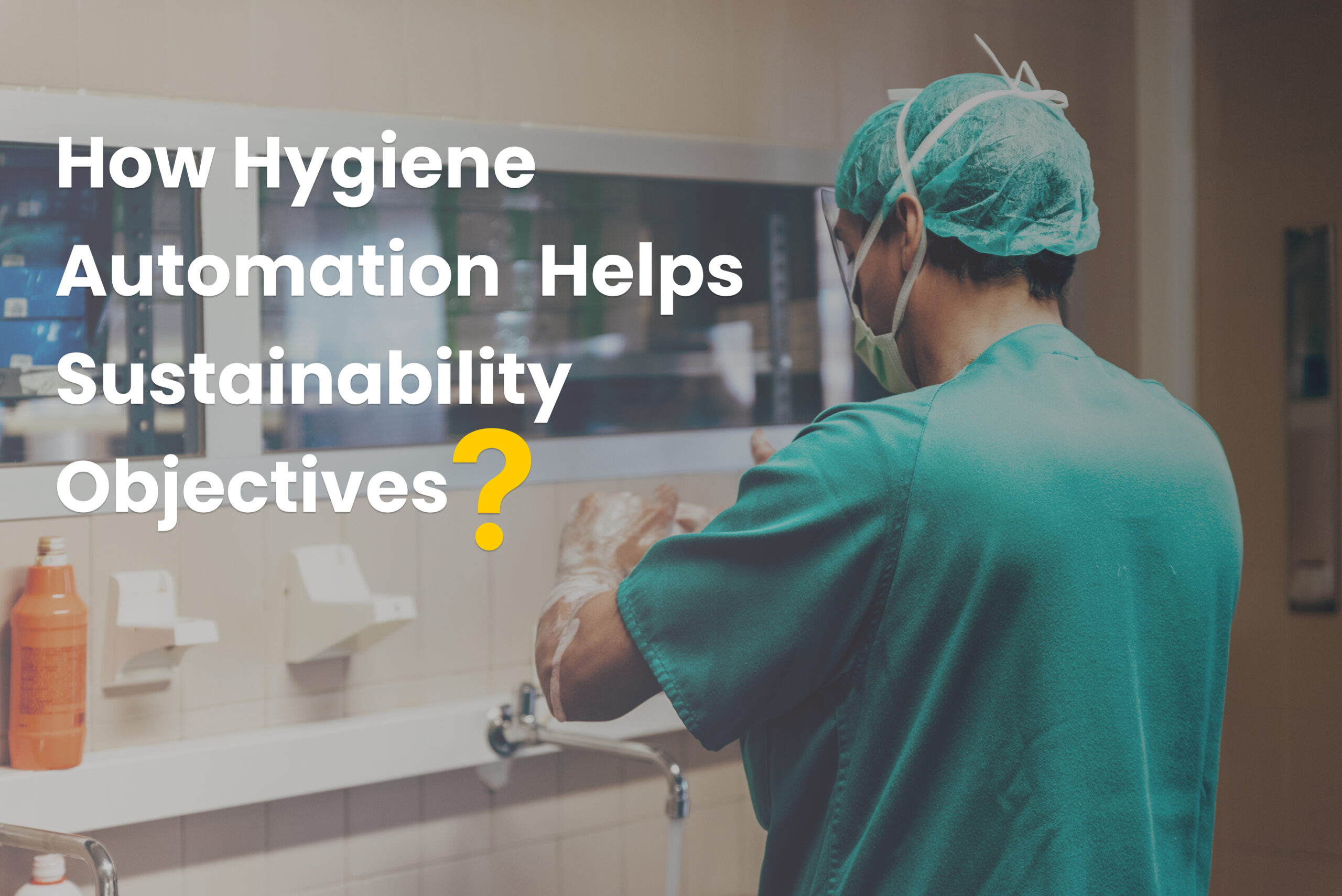Today, hygiene considerations are becoming increasingly important in a fast-paced world, especially in a country like India where public spaces are rapidly modernizing. From workplaces and malls to airports and schools, high levels of hygiene are not an option anymore. Enter hygiene automation systems, the unsung heroes in this space, delivering touchless, efficient, and cost-effective solutions. But are these systems really worth the investment? In this blog, we will explore the cost-benefit analysis of hygiene automation systems to help you make an informed decision.
Introduction
Envision entering a public washroom where things just work: the taps turn on automatically, the soap dispensers sense your hand, and the hand dryer is activated by the moment you are ready. Welcome to the world of hygiene automation systems. Smart technology is created to facilitate us at every step while following maximum hygiene principles.
But, like any investment, hygiene automation systems incur upfront costs. The question is whether the benefits outweigh these costs. So, let’s simplify this and understand how these systems could prove to be a game-changer for businesses and public spaces—in India.
Before we begin with the advantages, it’s important to know the associated expenses. The cost can be categorized into the following broad categories:
Initial Installation Costs:
Automation systems like sensor taps, automatic soap dispensers, and hand dryers require a hefty upfront cost.
Costs vary based on system type and size. For example, it can cost Rs.12,000-Rs.25,000 to install a single sensor tap, and a fully automated washroom can cost lakhs.
Maintenance Costs:
As with any machinery, these systems need maintenance from time to time to work correctly. Which includes cleaning sensors, replacing batteries, and occasional repairs.
Annual maintenance contracts (AMCs) can set you back Rs.5,000-Rs.40,000 depending on how many devices you own.
Energy Consumption:
Most modern systems are energy-efficient but still use electricity. High-speed hand dryers, for example, might add a tiny bit to your electricity bill.
Training and Awareness:
Staff and users may require some initial training to understand how best to use the systems. That cost, though small, should not be ignored.”
How Hygiene Automation Systems Are Good for Business
With the costs outlined above, let’s now consider why hygiene automation systems are money well spent. Here are the major benefits:
Enhanced Hygiene and Safety:
These systems don’t even come into contact with each other, preventing penetration of bacteria and germs.
This is especially important in high-traffic areas such as airports, malls, and hospitals, where hygiene must be orderly.
This benefit is priceless in a country, India, where public places are often crowded.
Long-Term Cost Savings:
Even though the initial cost will be significant, automation systems save lots of money in the longer term. For instance:
- Automatic taps can save up to 70% of water and reduce water bills.
- Paper towels are replaced by high-speed hand dryers, saving large facilities supply costs up to Rs.70,000 annually.
- Such devices consume very little power and help in cutting electricity costs.
Improved User Experience:
Especially users are satisfied with touchless and machine-based systems. A pleasurable experience can entirely elevate customer satisfaction to the next level and even help increase footfall in commercial premises.
Automated systems reflect a fresh and tech-friendly image, which amplifies brand perception in an ecosystem where that is highly favored—urban India.
Regulatory Compliance:
India’s standards for hygiene in public are tightening. Automation systems for hygiene make it simpler to enrich these insights and avoid heavy fines.
Environmental Benefits:
Paper towels are not eco-friendly, as they contribute to deforestation and landfill waste. The key environmental impact is switching from toilet paper usage to automatic hand dryers.
So to this end, things like water-saving taps and soap dispensers help ensure sustainable resource management, including a very important factor to keep in mind considering India is a water-scarce country.
In the next few parts, we will discuss scalability and customization:
Hygiene automation systems can be customized to needs. You can also scale the solution as per requirement, whether it is a small office setup or a big shopping mall.
Use Case: Making the case for hygiene automation
So Then, allow me to show you a practical example that illustrates the cost-benefit balance:
Scenario: A mall in Mumbai with an average footfall of 5,000 people per day has hygiene automation systems installed in its washrooms.
Initial Costs:
- Sensor taps: Rs.6,00,000
- Mild electric soap dispensers: Rs.3,00,000
- High-speed hand dryers: Rs.4,50,000
- Total: Rs.13,50,000
Annual Savings:
- Less water waste = Rs.2,40,000
- Reduction of paper towel costs: Rs.360,000
- Reduced cleaning staff workload: Rs.1,80,000
- Total: Rs.7,80,000
ROI: Saves them in the neighborhood of Rs.7,80,000 a year while benefitting from improved hygiene and higher customer ratings.
Challenges and Ways to Tackle Them
Although hygiene automation systems have many advantages, they are also not without their challenges:
High Upfront Costs:
Solution: Find financing or consider a staged installation to spread out the costs.
Technical Glitches:
Solution: Avoid unknown brands or those with poor customer service; go for those with a good warranty.
User Adaptation:
Solution: Provide clear signage that indicates availability in regional languages like Hindi, Tamil, or Bengali, and conduct quick user-training programs in the first phase.
Conclusion
Automation hygiene systems are no longer a luxury but an investment in safety, sustainability, and customer satisfaction. Net, even the upfront costs do appear alarming; in the long run, the benefits—in terms of cost savings and better hygiene—make these systems a no-brainer in the enterprises/public spaces of India.
From sanitizing a high footfall commercial space to upgrading a small office, hygiene automation systems change the process of cleaning. Adopting this intelligent technology helps you protect health while facilitating a more sustainable and efficient future.
Are you ready for a better way to enhance hygiene automation in your space? To learn more about our innovative solutions, visit our website now! Let us together build a clean, safe India!



